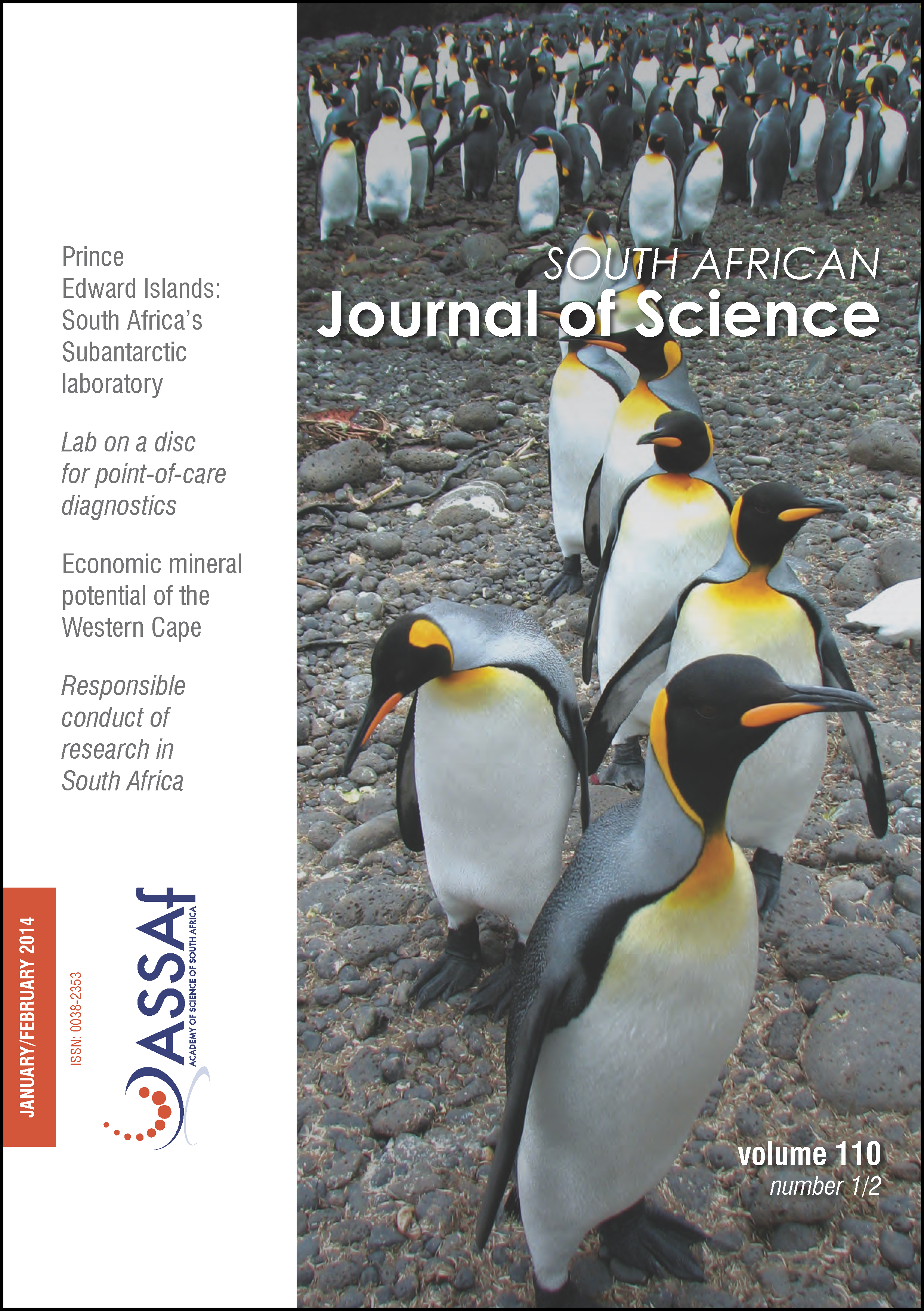The impact of accent identification errors on speech recognition of South African English
DOI:
https://doi.org/10.1590/sajs.2014/20120049Keywords:
parallel recognition, acoustic modelling, human language technologyAbstract
For successful deployment, a South African English speech recognition system must be capable of processing the prevalent accents in this variety of English. Previous work dealing with the different accents of South African English has considered the case in which the accent of the input speech is known. Here we focus on the practical scenario in which the accent of the input speech is unknown and accent identification must occur at recognition time. By means of a set of contrastive experiments, we determine the effect which errors in the identification of the accent have on speech recognition performance. We focus on the specific configuration in which a set of accent-specific speech recognisers operate in parallel, thereby delivering both a recognition hypothesis as well as an identified accent in a single step. We find that, despite their considerable number, the accent identification errors do not lead to degraded speech recognition performance. We conclude that, for our South African English data, there is no benefit of including a more complex explicit accent identification component in the overall speech recognition system.Published
2014-02-03
Issue
Section
Research Article
License

All articles are published under a Creative Commons Attribution 4.0 International Licence
Copyright is retained by the authors. Readers are welcome to reproduce, share and adapt the content without permission provided the source is attributed.
Disclaimer: The publisher and editors accept no responsibility for statements made by the authors
How to Cite
Niesler, T. R., & Kamper, H. (2014). The impact of accent identification errors on speech recognition of South African English. South African Journal of Science, 110(1/2), 1-6. https://doi.org/10.1590/sajs.2014/20120049
Views
- Abstract 508
- PDF 374
- EPUB 172
- XML 207












.png)